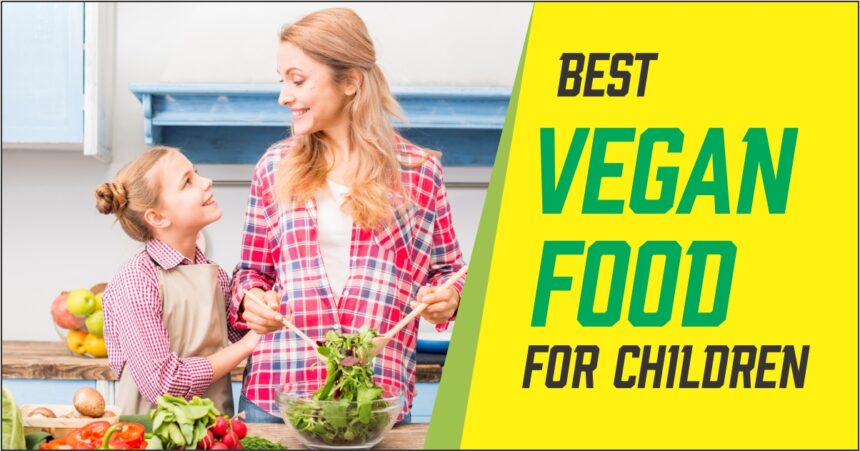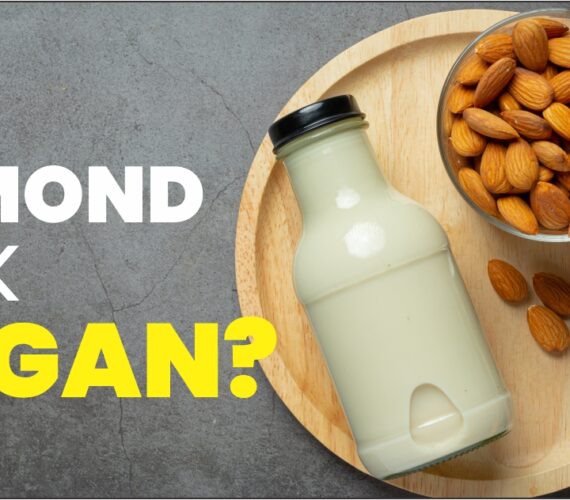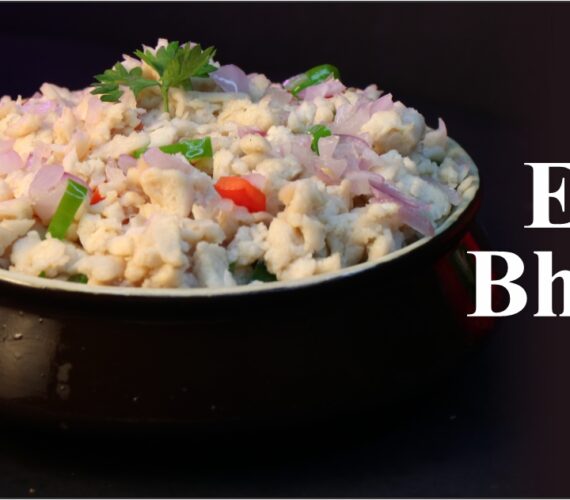As parents strive to provide the best nutrition for their children, the popularity of vegan diets has soared. Embracing a vegan lifestyle for your child offers a multitude of benefits, ranging from improved health to reduced environmental impact. In this article, we’ll explore the world of veganism for children and delve into the best vegan foods for children that not only meet their nutritional needs but also tantalize their taste buds.
Introduction
In today’s health-conscious world, parents are increasingly opting for vegan diets for their children. A vegan diet excludes all animal products, including meat, dairy, and eggs, and instead focuses on plant-based foods. This dietary choice offers numerous advantages, including improved heart health, lower risk of chronic diseases, and enhanced weight management.
Understanding Veganism for Children
Adopting a vegan lifestyle during childhood helps in cultivating healthy eating habits that can last a lifetime. Vegan diets for children revolve around plant-based foods, offering an abundance of vitamins, minerals, and antioxidants necessary for growth and development.
Key Nutritional Considerations
Ensuring Adequate Protein Intake
Protein is a crucial component of a child’s diet as it aids in muscle development and overall growth. Excellent vegan protein sources include tofu, lentils, chickpeas, and beans.
Meeting Calcium Needs
To build strong bones and teeth, adequate calcium intake is vital. Fortified plant-based milk, leafy greens, and almonds are excellent calcium sources for vegan children.
Providing Essential Vitamins
Vitamin B12, essential for neurological health, is primarily found in animal products. Vegan children can obtain it from fortified foods or supplements.

Top Vegan Foods for Growing Children
Nutrient-Rich Fruits and Vegetables
Colorful fruits and vegetables are rich in vitamins, minerals, and fiber. Incorporating a variety of these into your child’s diet ensures a well-rounded nutrient intake.
Plant-Based Proteins: Tofu, Lentils, and Chickpeas
Tofu is a versatile protein source that can be included in various dishes. Lentils and chickpeas offer a hearty dose of protein and fiber, promoting a sense of fullness.
Whole Grains: Quinoa, Brown Rice, and Oats
Whole grains provide sustained energy and are essential for growing children. Quinoa, brown rice, and oats are nutritious choices that can be incorporated into meals and snacks.
Healthy Fats from Avocados and Nuts
Healthy fats are crucial for brain development. Avocados and nuts, such as almonds and walnuts, are excellent sources of essential fatty acids.
Read Also :- Easy and Healthy Vegan Lunch Box Ideas for School
Creating Balanced and Delicious Meals
Breakfast Ideas: Overnight Oats and Fruit Smoothies
Kickstart the day with nutrient-packed breakfast options. Overnight oats and fruit smoothies are not only easy to prepare but also loved by children.
Lunchtime Favorites: Veggie Wraps and Hummus Dippers
Veggie wraps filled with colorful vegetables and hummus dippers make for delightful and wholesome lunch choices.
Wholesome Dinners: Stir-Fried Tofu and Veggie Stir-Fry
Dinnertime can be exciting with stir-fried tofu and veggie stir-fry, offering a balanced mix of protein and vegetables.
Snacking the Smart Way
Trail Mix with Nuts and Dried Fruits
Trail mix combining nuts and dried fruits is a convenient and nutritious snack option for active kids.
Veggie Sticks with Nut Butter
Veggie sticks paired with nut butter provide a satisfying blend of fiber and healthy fats.
Baked Veggie Chips
Baked veggie chips made from beets, sweet potatoes, or kale are a crunchy alternative to traditional potato chips.
Addressing Common Concerns
Is a Vegan Diet Safe for Children?
When well-planned, a vegan diet can be safe and nutritious for children, providing all the essential nutrients they need.
Ensuring Proper Growth and Development
A balanced vegan diet, including a variety of foods, can support healthy growth and development in children.
Dealing with Picky Eaters
Introduce new foods gradually and involve children in meal preparation to make them more receptive to trying new vegan options.
Instilling Healthy Eating Habits
Cooking and Meal Prep with Kids
Involving children in cooking and meal prep can ignite their interest in vegan foods and encourage them to make healthier choices.
Grocery Shopping Tips
Make grocery shopping an educational experience by discussing the nutritional value of different foods with your child.
Encouraging Exploration of New Foods
Promote a sense of adventure by encouraging your child to try new vegan foods, expanding their palate and culinary preferences.
Benefits Beyond the Plate
Promoting Environmental Awareness
Choosing a vegan lifestyle also teaches children about the environmental impact of their dietary choices and fosters a sense of responsibility towards the planet.
Fostering Compassion for Animals
Understanding the ethical reasons behind veganism helps children develop empathy and compassion for animals.
Conclusion
Opting for a vegan diet for your child can lay the foundation for a lifetime of healthy eating habits. By incorporating a wide variety of nutrient-rich plant-based foods, you can ensure your child’s growth, development, and well-being are well-supported while also contributing positively to the environment and animal welfare.
FAQs
What if my child refuses to eat certain vegan foods?
Encourage gradual exploration and involve them in meal planning to make vegan options more appealing.
2. Can a vegan diet provide all the necessary nutrients?
Yes, a well-balanced vegan diet can meet all nutritional needs through diverse plant-based sources.
3. How can I ensure my child gets enough protein?
Include protein-rich foods like legumes, tofu, and nuts in their diet.
4. Are there any supplements recommended for vegan children?
Vitamin B12 is usually recommended; consult a pediatrician for personalized advice.
5. Is it challenging to find vegan options when dining out?
While it can be a bit challenging, many restaurants now offer vegan choices, and creative ordering can help navigate menus.








